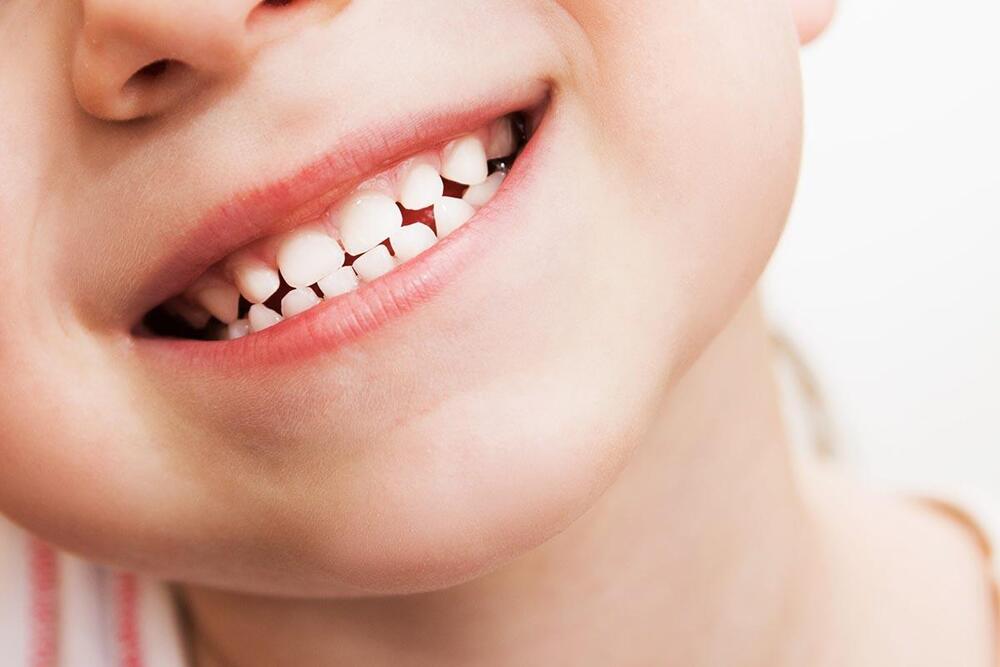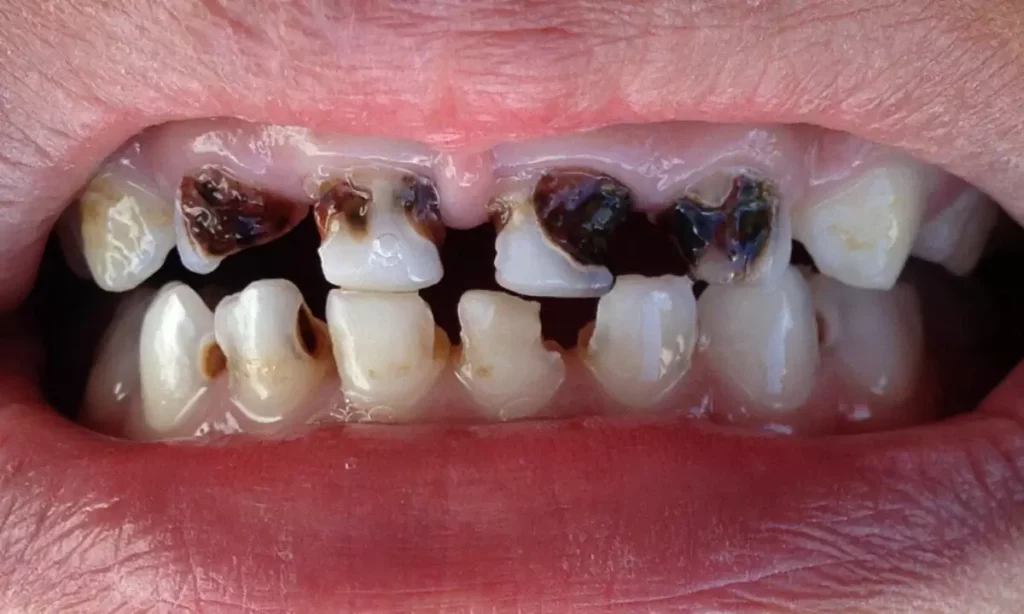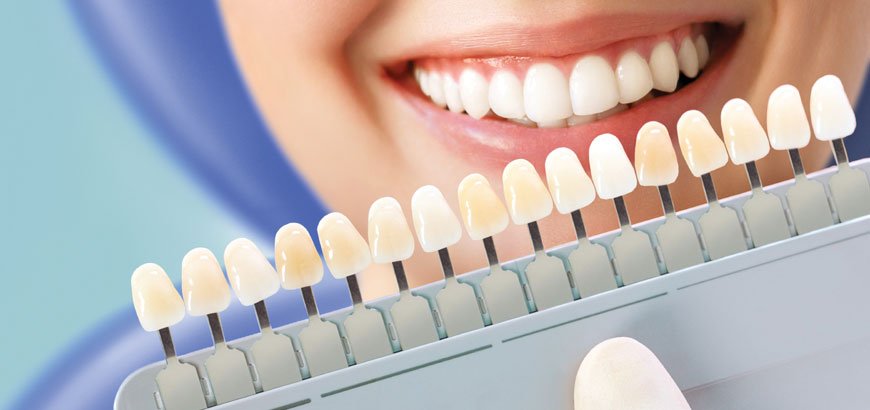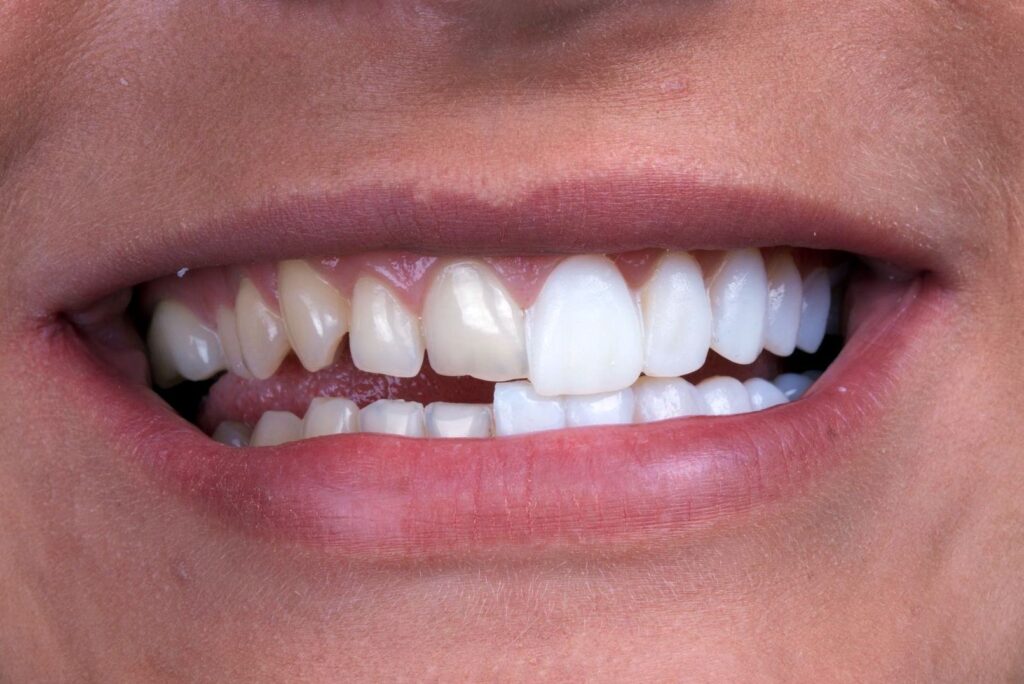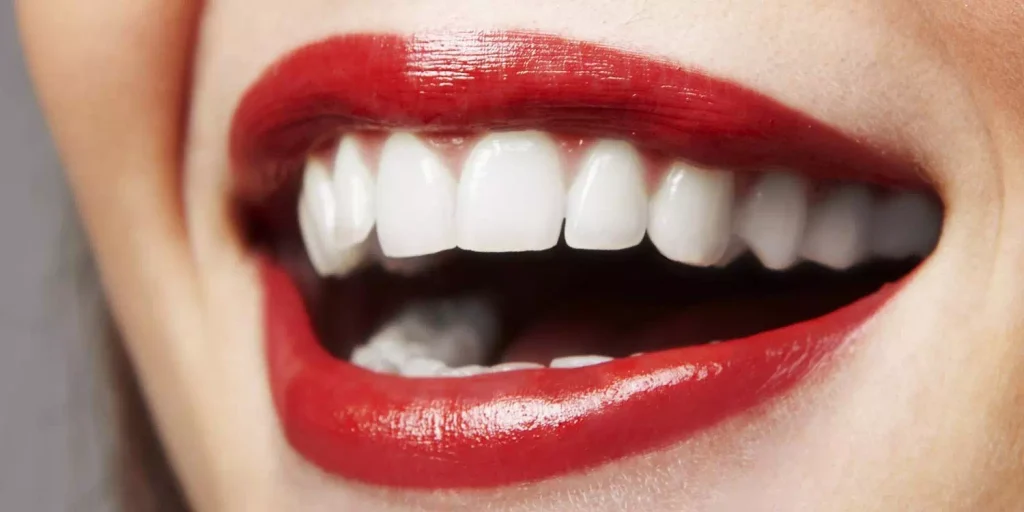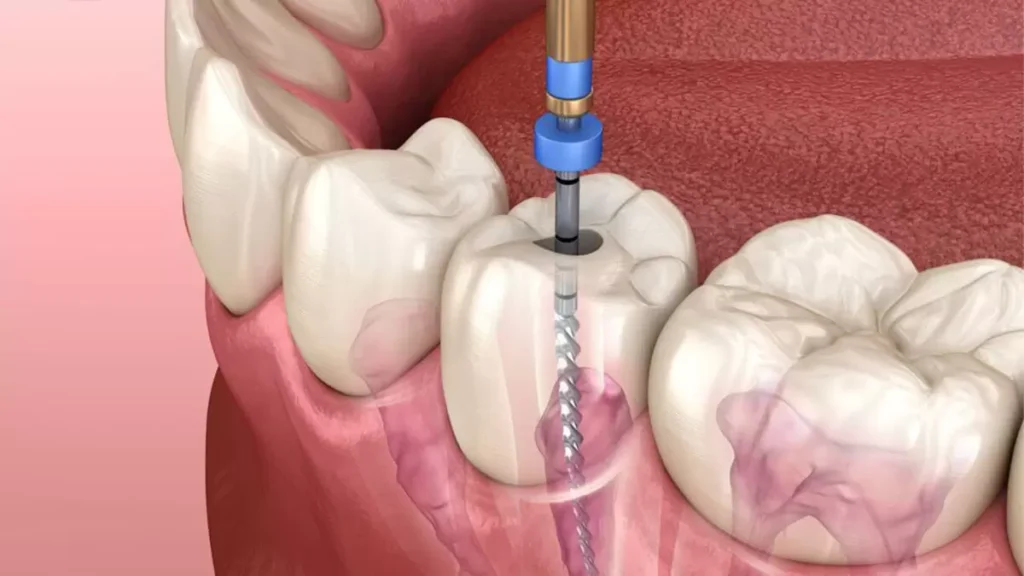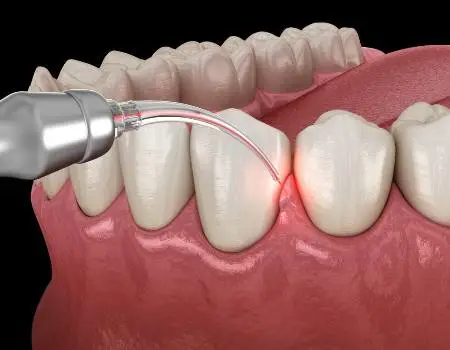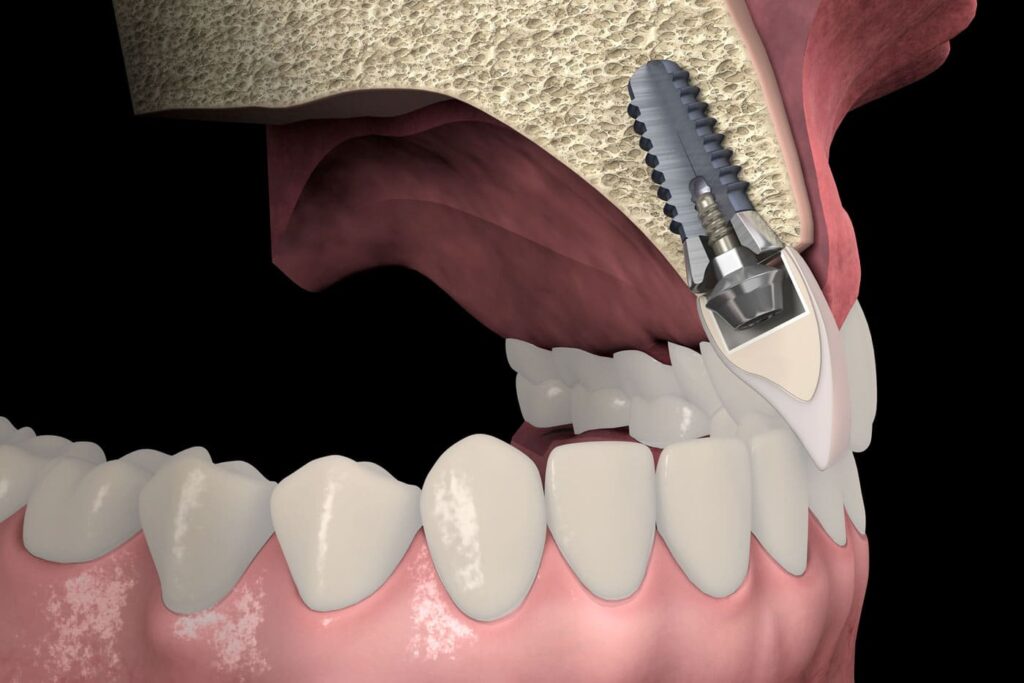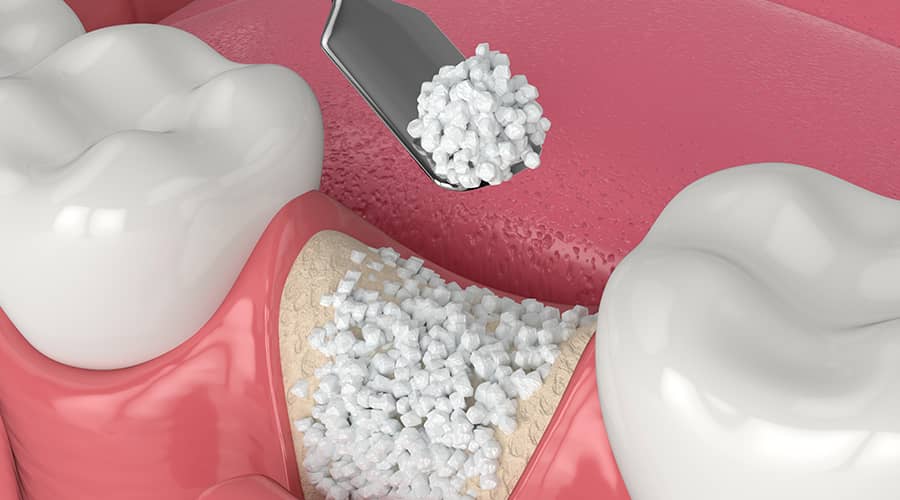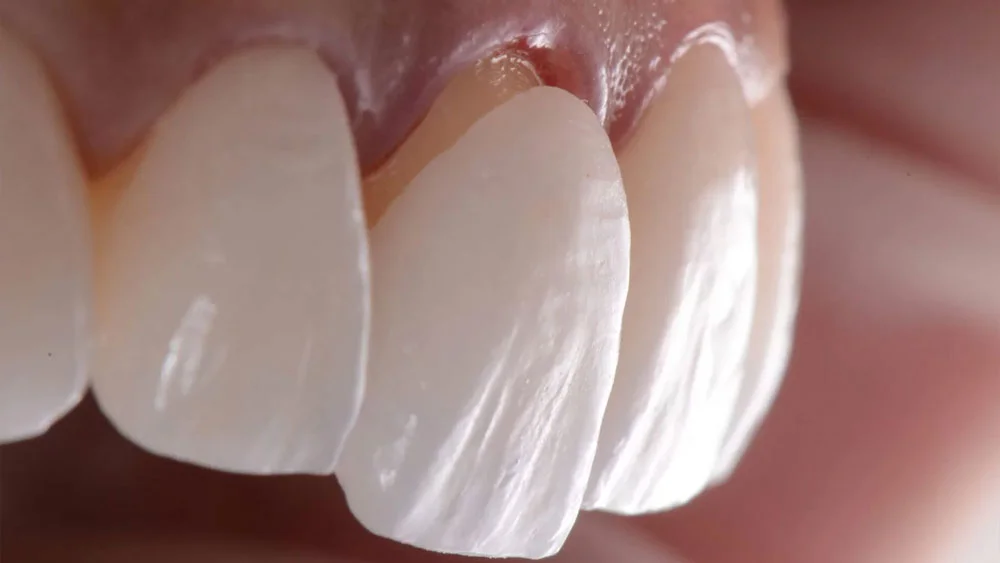Many parents wonder, “If baby teeth are going to fall out anyway, do cavities really need to be treated?” This is a common misconception. In reality, baby teeth are far more important than they may seem—they’re essential for proper nutrition, speech development, and ensuring that permanent teeth come in correctly.
So, can milk teeth be filled? Why is it important? Let’s take a closer look.
WHY ARE BABY TEETH IMPORTANT?
Baby teeth (also called milk teeth) play a crucial role in helping children speak clearly, chew food properly, and smile confidently. More importantly, they act as guides for the permanent teeth that follow. When cavities in baby teeth go untreated, several issues may arise:
- Pain and infection
- Difficulty eating and poor nutrition
- Misalignment of the permanent teeth
- Early tooth loss that may lead to orthodontic problems
In short, keeping baby teeth healthy is essential for proper oral and jaw development.
CAN MILK TEETH BE FILLED?
Yes, baby teeth can and should be filled when cavities are present. If tooth decay is caught early, it can often be treated with a simple filling. This allows the tooth to stay in place and continue functioning properly.
If left untreated, the decay can worsen and reach the tooth’s nerve, requiring more invasive and painful treatments such as root canal therapy or even extraction. Additionally, negative dental experiences at an early age can lead to dental anxiety in the future.
WHAT KIND OF FILLINGS ARE USED? CHILD-FRIENDLY OPTIONS
Dentists often use composite or compomer fillings for children. These materials are tooth-colored, aesthetically pleasing, and some even release fluoride to help protect against further decay.
Filling procedures in children are typically quicker and more gentle than in adults. Pediatric dentists (also known as pedodontists) are trained to make the experience as smooth and stress-free as possible, using child-friendly techniques that take their emotional comfort into account.
CONCLUSION: TREAT MILK TEETH WITH CARE
While baby teeth are temporary, their impact is long-lasting. Taking good care of them sets the foundation for your child’s future oral health and confidence. If you notice any signs of decay, consult a pediatric dentist as soon as possible. Early treatment not only preserves the health of the tooth but also prevents more serious issues down the road.
Disclaimer: This article is for informational purposes only. Every child’s dental needs are unique, so it is essential to consult with a qualified dentist for a proper diagnosis and treatment plan. This content should not be used as a substitute for professional medical advice.
